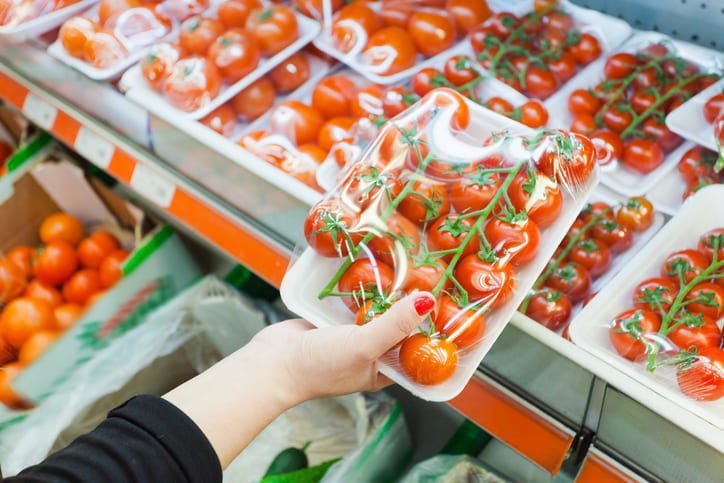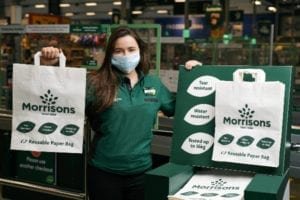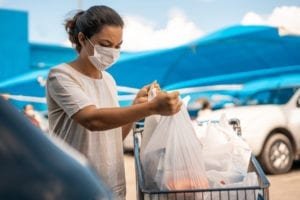There have been many unintended consequences of Covid-19 worldwide – but one, in particular, could be undoing years of tireless campaigning against single-use plastic, warns plastic waste collection company divert.co.uk.
As a result of shoppers’ fears about Covid-19 transmission, countless supermarkets are seeing the rise of single-use plastic bags, particularly in the fresh produce sections.
Most have made steps to improve their practices; Sainsbury’s sells reusable mesh bags for produce and other supermarkets have reduced the use of packaging in the first place, helping customers choose eco-friendly options for their loose produce.
Tesco committed to removing one billion pieces of plastic from its stores by the end of 2020, while Asda introduced its first sustainable packaging-free section in its Leeds store in January last year.
Almost all of the UK’s major food retailers are signed up to the UK Plastics Pact, launched in 2018, which aims to eliminate single-use plastics and increase the use of recyclable or compostable packaging. Consumer behaviour has, largely, followed suit.
‘It feels more hygienic’
The pandemic, however, has halted many of these waste reduction schemes in their tracks, as customers are increasingly turning back to the ubiquitous plastic bag for their produce.
‘I haven’t bought loose fruit and veg since last March’, said one shopper surveyed by waste disposal experts Divert.co.uk. ‘I’d rather have things in plastic bags, it feels more hygienic really.’
Others agreed. Matt, 36, said: ‘I can’t really explain it, it just feels like it’s safer. I don’t want to be picking up bits of fruit and veg with my hands and chucking them in a trolley, the plastic bags are extra protection.’
Others agreed the change was noticeable: of 250 shoppers surveyed, 83% said they had bought the majority of their fruit or vegetables in some form of plastic bag or packaging.
Just 17% said they were continuing to make use of reusable or recyclable bags and choosing fresh produce where it was available – 28% reported having done so before the pandemic.
Over a third (40%) of plastic food packaging is used just once, and UK supermarkets produce 1.2 billion plastic fruit and veg bags a year, making this sharp increase in use a concerning statistic.
 Play Video about This Rock Might Just Save The World
Play Video about This Rock Might Just Save The World Play Video about Play 2 hours of rock
Play Video about Play 2 hours of rock Play Video about Play 2 hours of brook
Play Video about Play 2 hours of brook Play Video about Play 2 hours of sheep
Play Video about Play 2 hours of sheep














































